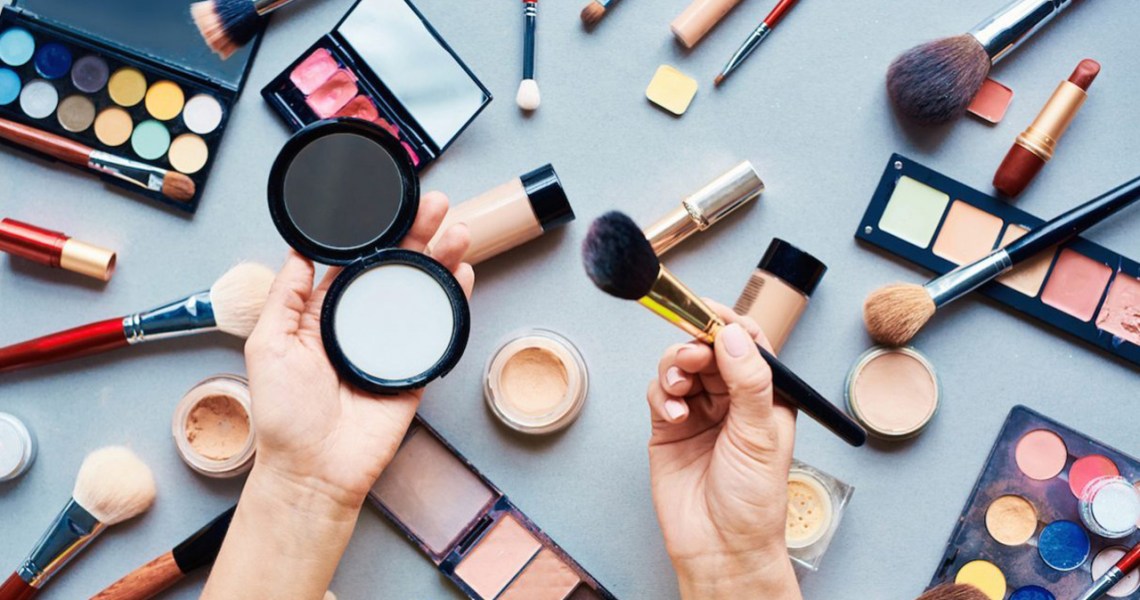Everyone is a critic, and never more so than during a pandemic.
Several companies have come under fire over the last week, as more attention is being paid to companies’ actions over the last five weeks. Sephora faced criticism for how it has treated retail staff, while Reese Witherspoon’s brand Draper James faced criticism for a dress giveaway to teachers gone wrong. Lululemon was forced to fire an employee for promoting a shirt displaying the words “Bat fried rice,” after people lambasted the company on its social media pages. The coronavirus climate also lays bare the competing interests of mission-driven brands, such as Rothy’s and Everlane, which have taken on ill-advised operational tactics required to be financially successful. Rothy’s was called out for its marketing tactic where it would donate five face masks for every purchase made, while Everlane faced backlash over its treatment of employees. Senator Bernie Sanders even accused the company of union-busting. As a result, all companies, especially those in lifestyle industries like beauty, wellness, fashion and retail, have are learning to be even more mindful and sensitive of what they do and say.
In the case of those aforementioned brands, Draper James issued an apology, while Rothy’s offered an apology saying it would also source 100,000 non-medical masks for a bulk donation, which would not be tied to sales. In response to Senator Sanders, Michael Preysman, Everlane CEO, tweeted from the brand’s account stating that the decision was not related to unionization efforts, but because the company as a whole is suffering. Whether customers find this satisfactory is still to be determined.
“It’s difficult for companies to communicate competing interests of taking care of their employees [such as not laying any people off] while also running a viable business; the interests [of a financially healthy business] are not easy to communicate,” said Brendan Riley, a partner at crisis communications firm Brunswick Group that works with fashion brands like Burberry and Ralph Lauren. “I have advised my clients to be consistent and have incredibly transparent communications.”
According to Riley, companies should communicate how they are responding to the pandemic as much as they can, both internally and externally, and it should be a cadence of communication that a company can adhere to. Corporate affairs or communications officers should also be part of any executive meetings, in order to manage a brand’s reputation. Additionally, the style of public communications should not deviate from what is authentic to a brand, as some companies have leaned further into radical transparency than others.
It’s also important to understand the genesis of brand backlash. It occurs for two primary reasons, according to Graham Jones, an independent consultant and internet psychologist. The first is cognitive dissonance, which is the gap between what a brand’s public-facing message is and what it does behind the scenes, such as donating to a charity but laying off or furloughing employees. The second is a new social construct around corporate social responsibility. The public now expects corporations to pitch in and donate hand sanitizer, personal protection equipment or money, which was not an expectation that existed until a few weeks ago. When brands fall into a cognitive dissonance trap or fail to live up to a new set of consumer standards, they face backlash.
“With cognitive dissonance, it’s about a lack of consistency that people are confused by and they react to the inconsistent behavior of a brand,” said Jones. “If a brand [jumps on the bandwagon] of some social good and says, ‘Look at the good we are doing,’ there’s going to be negative reaction because there’s now an expectation that they should have been doing it already.”
Ad position: web_incontent_pos1
Brands can face significant sales decline following public condemnations, such as was the case with Dolce & Gabbana following outcries over a racist ad in China, SoulCycle and Equinox gyms after the chairman of the parent company held a fundraiser for President Trump, and, H&M following a brand photo a black child wearing a hoodie with the words “coolest monkey in the jungle.” In those cases, Dolce & Gabbana issued a rare video apology, while SoulCycle and Equinox distanced themselves from the chairman and ran a charitable campaign. H&M offered an apology stating it not only removed the offensive image but also the hoodie in question. While it is generally uncertain how long the impact on sales lasts, the collective consciousness certainly lasts, said Riley. Brand are frequently associated with past missteps both by customers and media, and it is a difficult narrative to escape, he said.
Additionally, if a brand makes another error in the future, it becomes harder for the public to accept the mea culpa. Brands that were first to pivot their operations, such as Christian Siriano in making PPE masks, and conglomerates like LVMH, L’Oréal, Coty and Estée Lauder Companies for making hand sanitizer, have fared better in terms of image, among the larger public.
“People are watching TV and they are sponges; they’re watching their news feeds more than ever,” said Dara Busch, 5WPR president that works with beauty brands like Jane Iredale and L’Oréal Professional. “With every client, we’re [trying to] use this as an opportunity for them to stop and think and see how they can do good. You might not get the biggest news story [now], but if you’re doing something good, then there is still a positive impact that comes out of it.”




